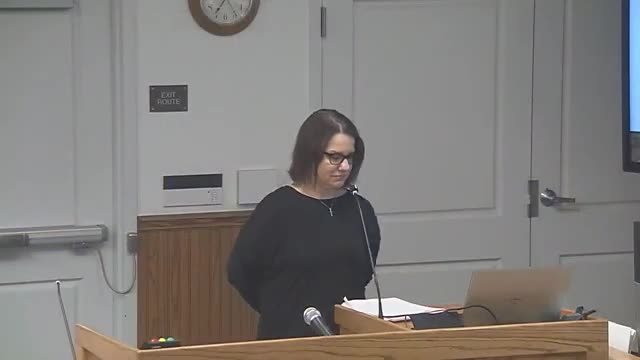Article not found
This article is no longer available. But don't worry—we've gathered other articles that discuss the same topic.
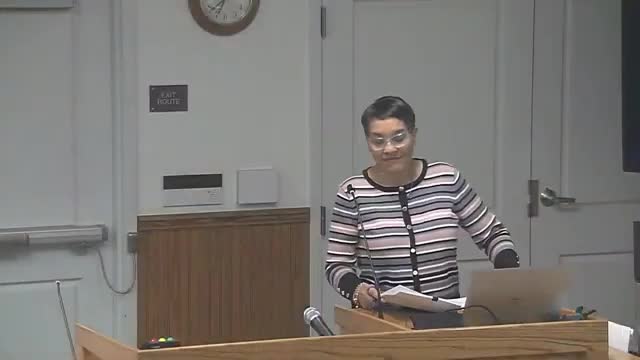
Turlock Gospel Mission promissory‑note amendment fails after council splits over weekend day‑center operations
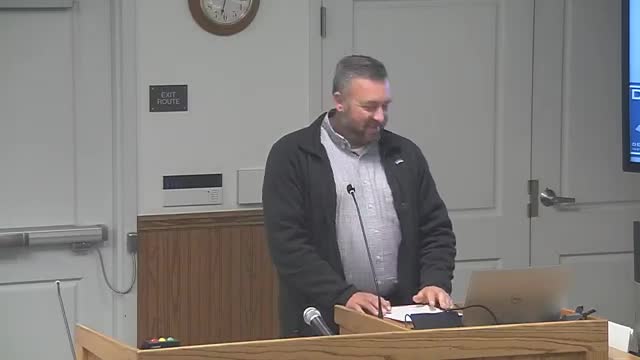
Regional surface water project wins national design‑build award; city staff cite cost controls and safety record
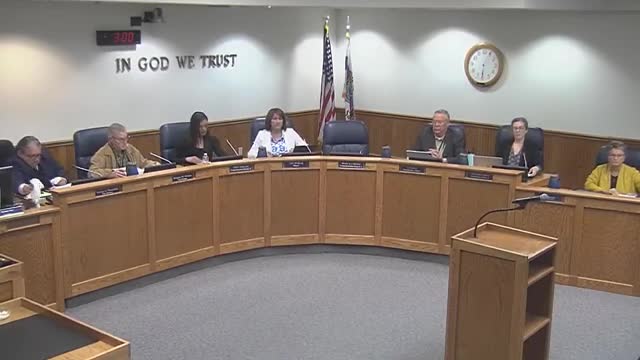
Carnegie Arts Center reports rising class enrollment, new grants and a $2.8 million endowment
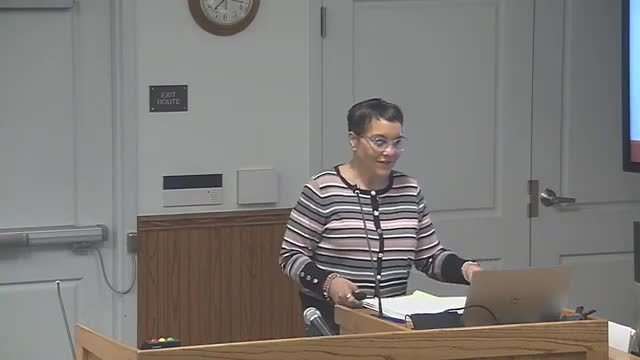
Council approves limited development agreement to preserve access for proposed Turlock Marketplace
